The specialty coffee industry often refers to itself as a community, despite its size and geographic dispersion. Coffee organizations and companies, too, like to use words like “team” or “family” to describe their social climates. These kinds of words evoke a sense of home, a feeling of belonging.
For many smallholder coffee farmers, this relationship is not metaphorical; their workplace is, in fact, their home. Coffee drinkers may never see the homes of the farmers who produce their coffee, nor experience their hospitality. They may never witness firsthand the hard work and care that goes into each harvest. They can seek out this information through interactions with baristas, or by reading a coffee’s packaging, but most customers — and many coffee professionals, for that matter — will never be able to fully understand the realities of growing coffee for a living.
At the farm level, our larger coffee community is struggling. Coffee producers are subject to a volatile and risky market. They are facing challenges related to labor shortages, plant pests and diseases, climate change, political instability, and a host of other factors that could result in a short supply of specialty coffee in the coming years.
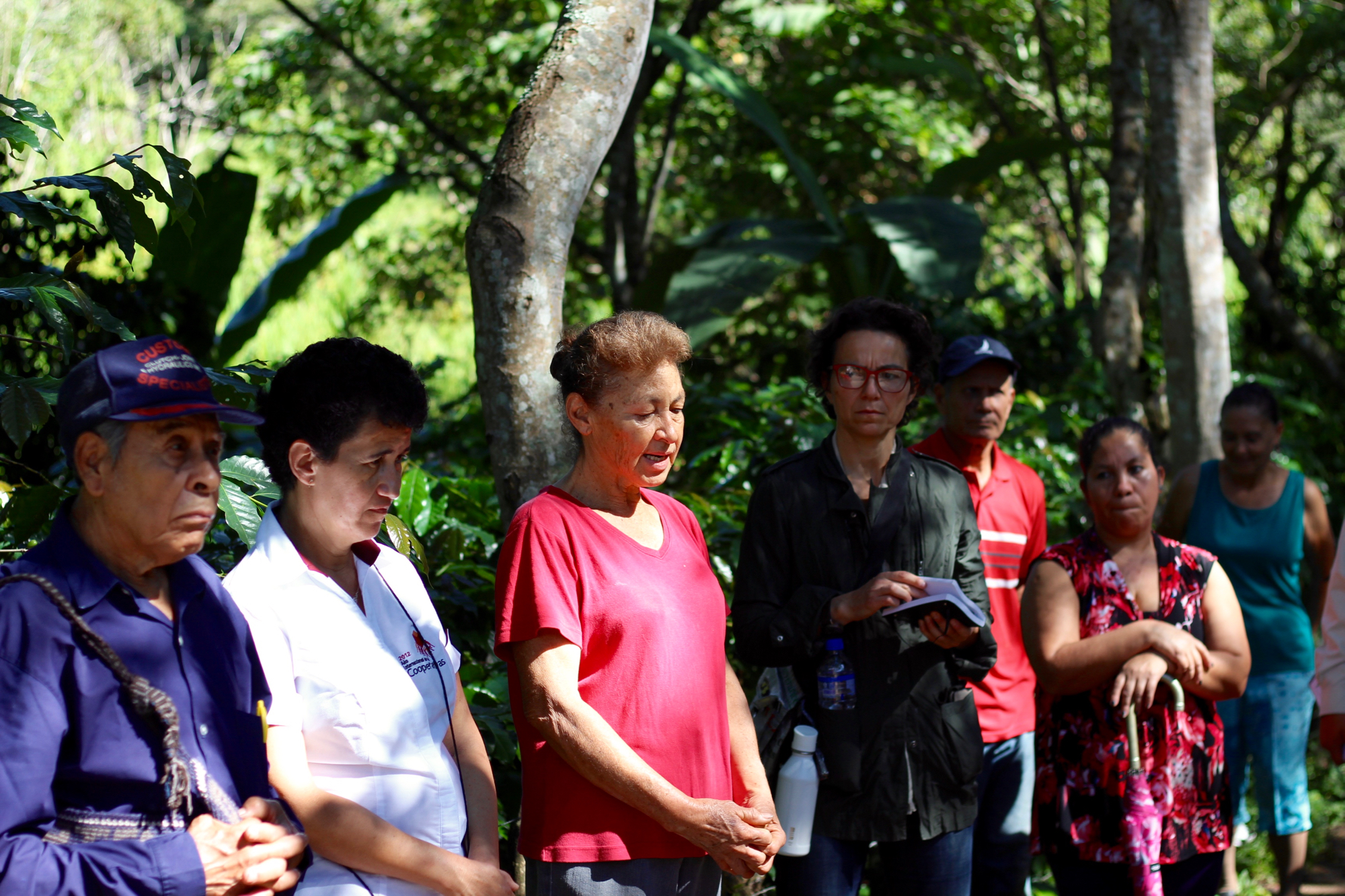
In Guatemala, women express their challenges on the farm. Photo by Daily Coffee News/Lily Kubota.
Women at origin face additional challenges due to gender inequality; they are often systematically excluded from training, education, and financing opportunities. Each of those opportunities missed is another small blow to the coffee community, and missed opportunities by the millions now threaten the viability of specialty coffee for future generations.
As we grow and evolve as an industry, we must ask whether all the families in our community are prospering, or are only a select few? Have we considered the major factors impacting our successes? And, more importantly, have we weighed those successes against their costs to others in the coffee community?
A global conversation has been naturally emerging to tackle such questions. Coffee professionals share information and articles online through social networks, they discuss pressing issues at events and tradeshows around the world, and they talk with colleagues and customers about what they can do to make coffee better. This conversation is growing by the day, but we can also look back and see its evolution in recent years.
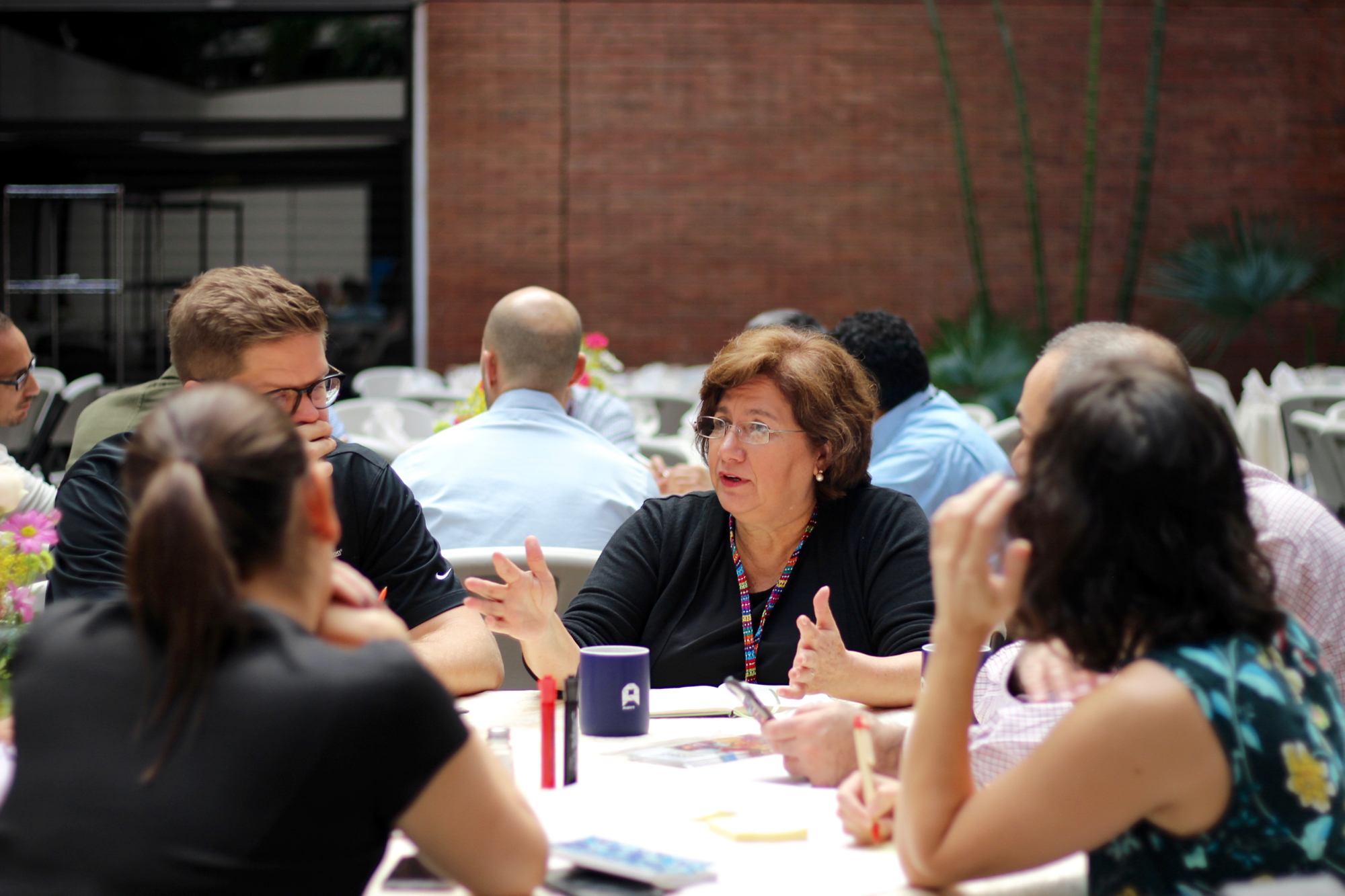
Discussions at Avance, an SCA sustainability conference, held at Anacafé in Guatemala City. Photo by Daily Coffee News/Lily Kubota.
A Global Conversation Begins
There has been a noticeable uptick in discussions about gender equity throughout the coffee industry. Organizations such as the International Women in Coffee Alliance (IWCA) have laid the groundwork for this conversation to take place. Almost 15 years ago, before social media had gained a foothold in the interactions of the coffee industry, a group of women from Costa Rica, Nicaragua, and the United States came together to focus on the shared interest of improving the coffee industry through empowering and connecting women. With the support of several industry partners, they were able to realize this vision. Since then, they have been working to bring awareness to the organization and recognize the importance of the role women play in the coffee supply chain.
In 2015, Specialty Coffee Association’s Sustainability Council released a white paper on gender equity, pointing to research that shows a significant disparity between male and female coffee producers in the developing world. According to the “SCA White Paper: A Blueprint for Gender Equality in the Coffeelands,” “These disparities create inefficiencies in the coffee value chain because women, who perform fundamental agricultural tasks, are not accessing the resources needed to maintain or improve their output.”
Around the same time, Colleen Anunu presented findings from her research at the annual SCA Symposium in 2015, and the Coffee Quality Institute (CQI) launched their Partnership for Gender Equity program. In early 2016, The Coffeewoman — an event focused on providing a platform for women to speak and listen in a supportive and encouraging environment — was conceived of by U.S. Barista Champion Laila Willbur and SCA board member Tracy Ging. Later that year, Anunu was back up on the stage at the Symposium in Dublin for a follow-up talk on gender equity in the workplace, at origin, and in competition — along with fellow women in coffee Talor Browne discussing compensation, Cerianne Bury on the gender imbalance in competition, and Melanie Landthaler on gender equality in specialty sourcing strategies.
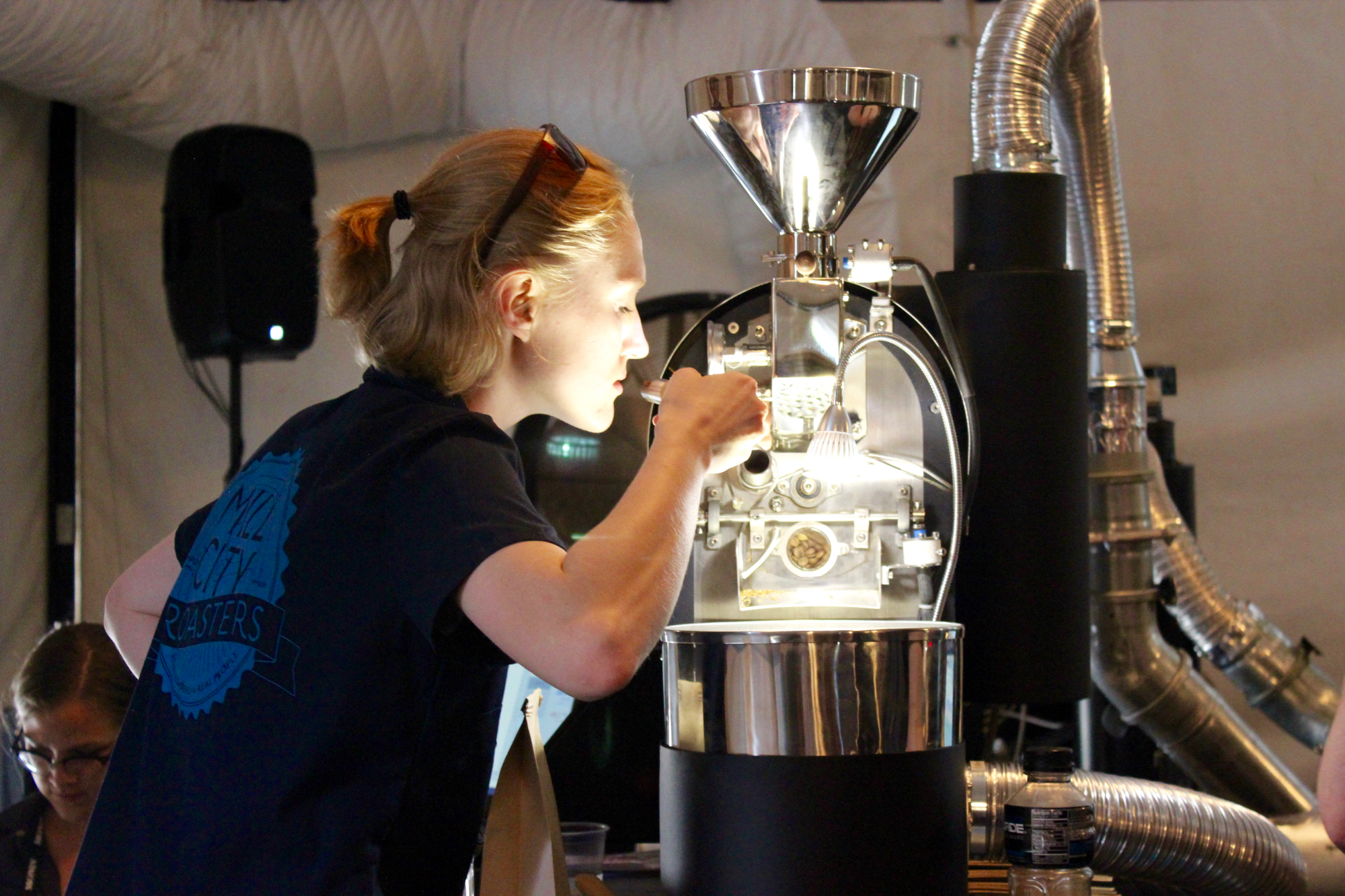
Roasters Guild Retreat in Buford, GA. Photo by Daily Coffee News/Lily Kubota.
Others in the specialty coffee community have brought great awareness to gender inequality through more grassroots efforts. We saw this in 2017 when the social media campaign #shestheroaster was launched to highlight female coffee roasters and encourage their participation in coffee competitions. In April 2017, a panel discussion at the SCA Expo in Seattle, moderated by Michelle Johnson of The Chocolate Barista and Tracy Ging, brought forth a conversation regarding the importance of removing barriers and building women’s influence in the industry. This discussion has spurred an ongoing social media dialogue on the treatment of women in the workplace, while helping bring forth the related concept of intersectionality (the consideration of all social identities and related systems of oppression, domination, or discrimination).
More recently, we have seen social media hashtag campaigns such as #metoo and #timesup, which have brought these conversations to a national level. The recent events surrounding workplace harassment and gender discrimination at Four Barrel Coffee served a direct hit to the coffee community in the U.S., which has historically viewed itself as a socially progressive influence for positive change.
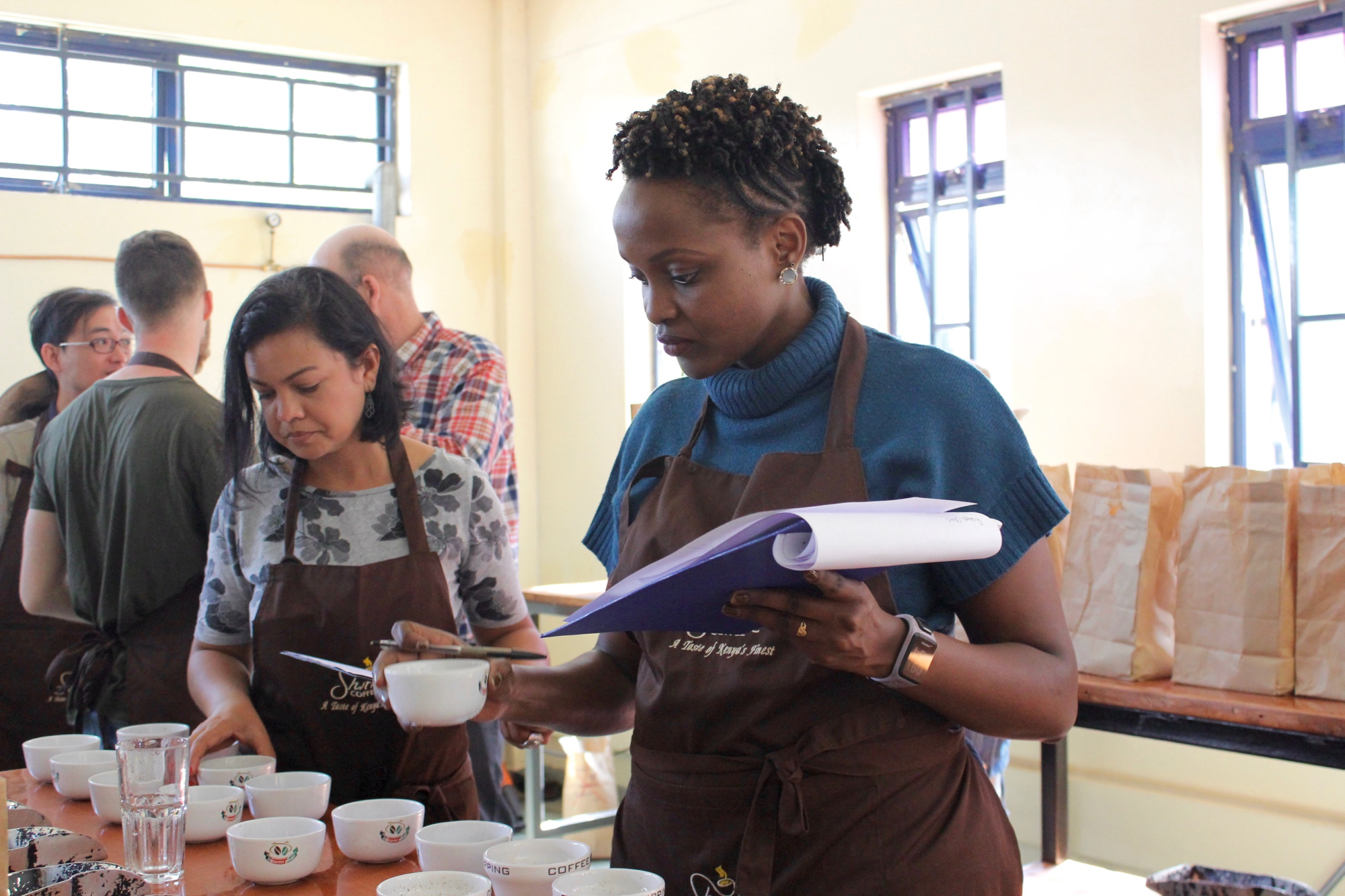
Cupping coffee in Kenya. Photo by Daily Coffee News/Lily Kubota.
A Conversation from Cup to Seed
The visibility of this conversation has contributed to a greater awareness of the role of women in coffee, and to greater opportunities for women to share their struggles with others. What’s more, we have a unique opportunity to encourage all coffee professionals to recognize that women in coffee play a crucial role in developing a stronger, more prosperous industry, and their participation must be fostered and rewarded.
The troubling reality is, as noted in the SCA white paper, “Female coffee farmers are typically limited to less influential roles in the value chain. Coffee production begins with a long season of fieldwork, followed by harvest, cherry processing, transporting, and sales. Women tend to play major roles at the initial segments of the value chain, laboring in the field, harvesting, and processing, whereas men typically transport and market the product.”
We can no longer tolerate such norms in an industry (“community”) that has been shaped by men, relying on the backs of women. As we have seen through the work of organizations such as IWCA and CQI, and by countless individuals through grassroots movements, when women are able to join their voices, they can form a unified front to address inequality. Let’s change the shape of our community for the betterment of all involved — not with our backs, but with our voices loud and in unison.
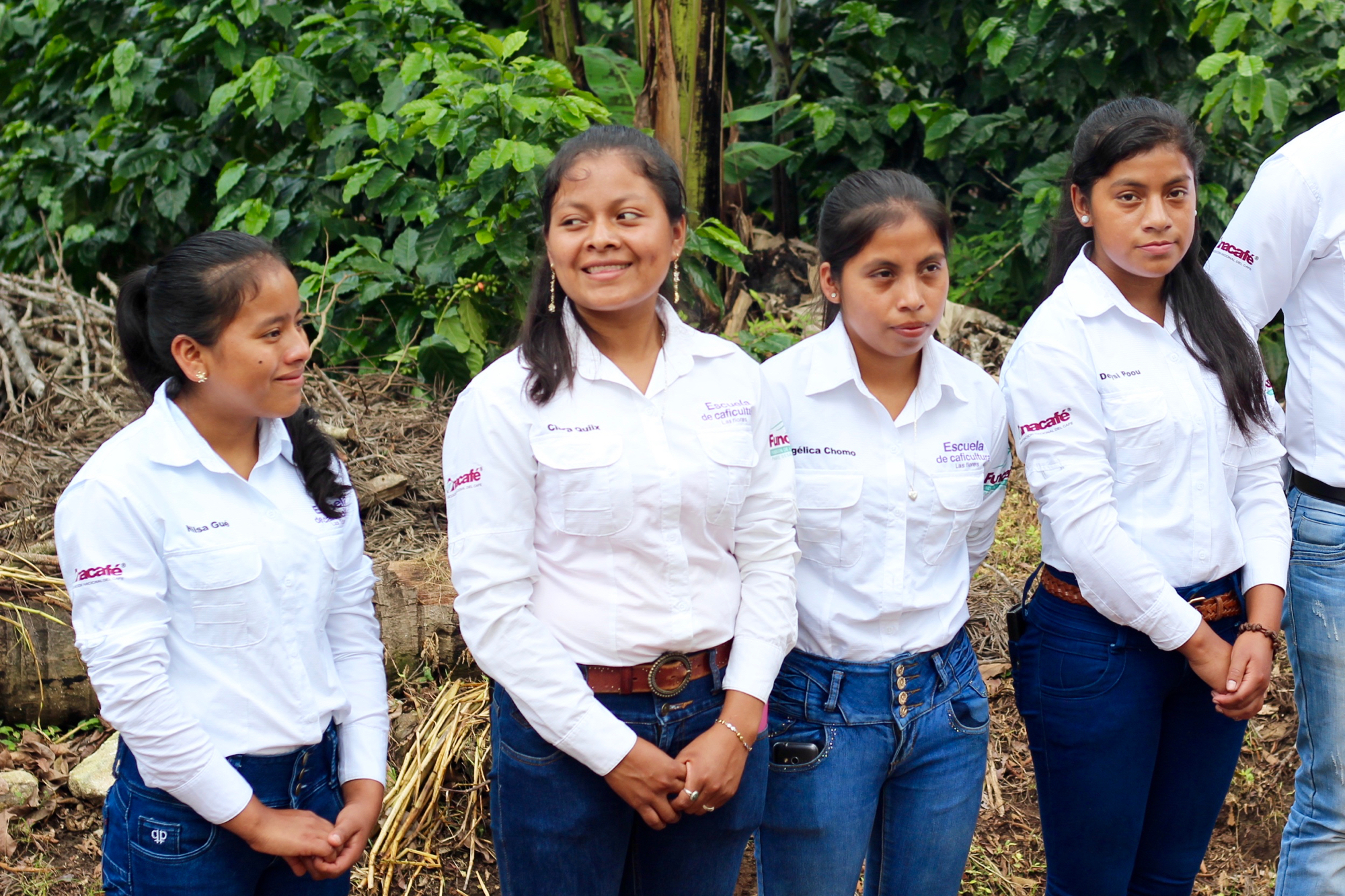
Anacafé offers programs for the next generation of coffee farmers to learn best practices in agronomy and horticulture. Photo by Daily Coffee News/Lily Kubota.
Lily Kubota
Lily Kubota is the managing editor and digital content manager for Roast Magazine. She is based in Southern California.
Comment
2 Comments
Comments are closed.



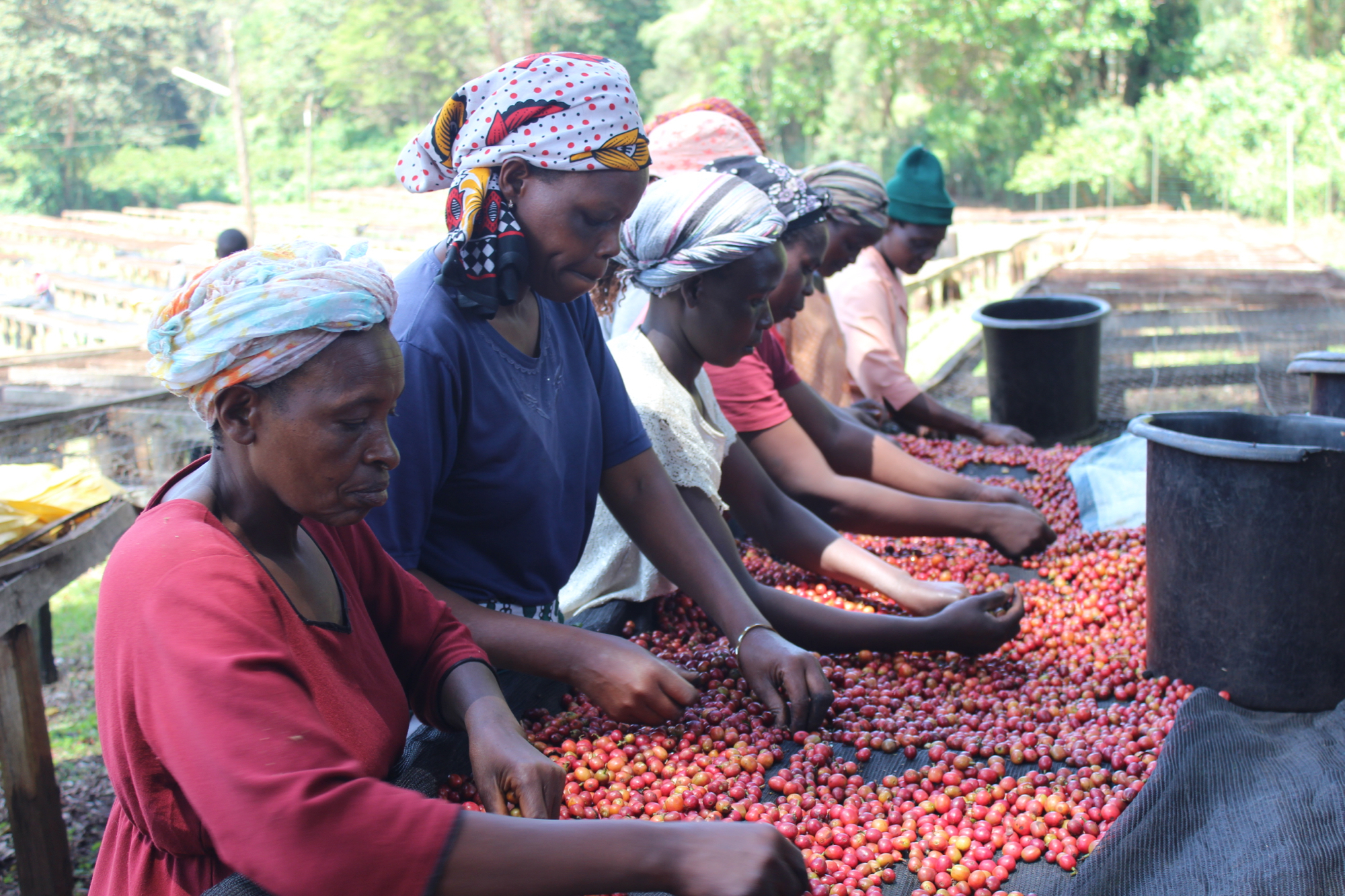



I am women Supporting the Coffee Industry.
Hi from Gail in Toronto, Canada. How can I find gender equal coffee in my area.
[email protected]